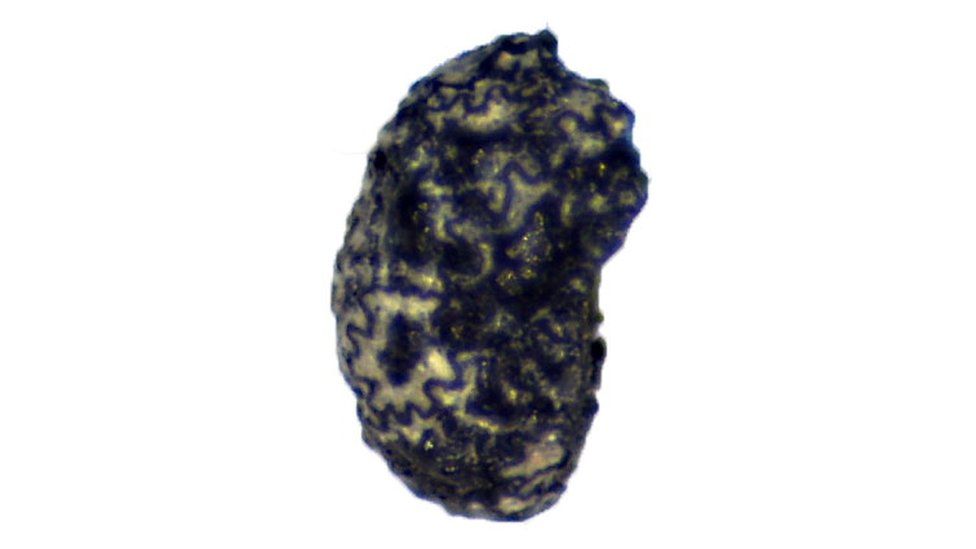Four charred tobacco plant seeds found in an ancient Utah fireplace suggest early Americans may have been using the plant 12,300 years ago.
The finding makes the first known use of tobacco some 9,000 years earlier than previously thought.
Researchers believe hunter-gatherers in the Great Salt Lake Desert may have sucked or smoked wads of the plant.
Until now, the earliest evidence of tobacco use was a 3,300-year-old smoking pipe discovered in Alabama.
Archaeologists discovered the millimetre-wide seeds at the Wishbone site, an ancient camp in the desert in what is now northern Utah.
There, they found the remnants of an ancient hearth that was surrounded by bone and stone artefacts. These included duck bones, stone tools, and a spear-tip bearing the remains of blood from a mammoth or an early form of elephant.
 IMAGE SOURCE,REUTERS
IMAGE SOURCE,REUTERSTheir findings suggest the native American hunter-gatherers may have consumed the tobacco while cooking or toolmaking, the scientists say in a paper published in the journal Nature Human Behaviour.
The tobacco plant is native to the Americas and contains the psychoactive addictive substance nicotine.
Tobacco was widely cultivated and dispersed around the world following the arrival of Europeans in the Americas at the end of the 15th Century.
“The tobacco seeds were the big surprise. They are incredibly small and rare to be preserved,” Daron Duke of the Far Western Anthropological Research Group told the New Scientist.
“This suggests that people learned the intoxicant properties of tobacco relatively early in their time here rather than only with domestication and agriculture thousands of years later.”
Today, the Great Salt Lake Desert is a large dry lake. But 12,300 years ago, the camp would have been on a vast marshland.
“We know very little about their culture,” Mr Duke said of the hunter-gatherers. “The thing that intrigues me the most about this find is the social window it gives to a simple activity in an undocumented past. My imagination runs wild.”



No comments:
Post a Comment
Note: only a member of this blog may post a comment.